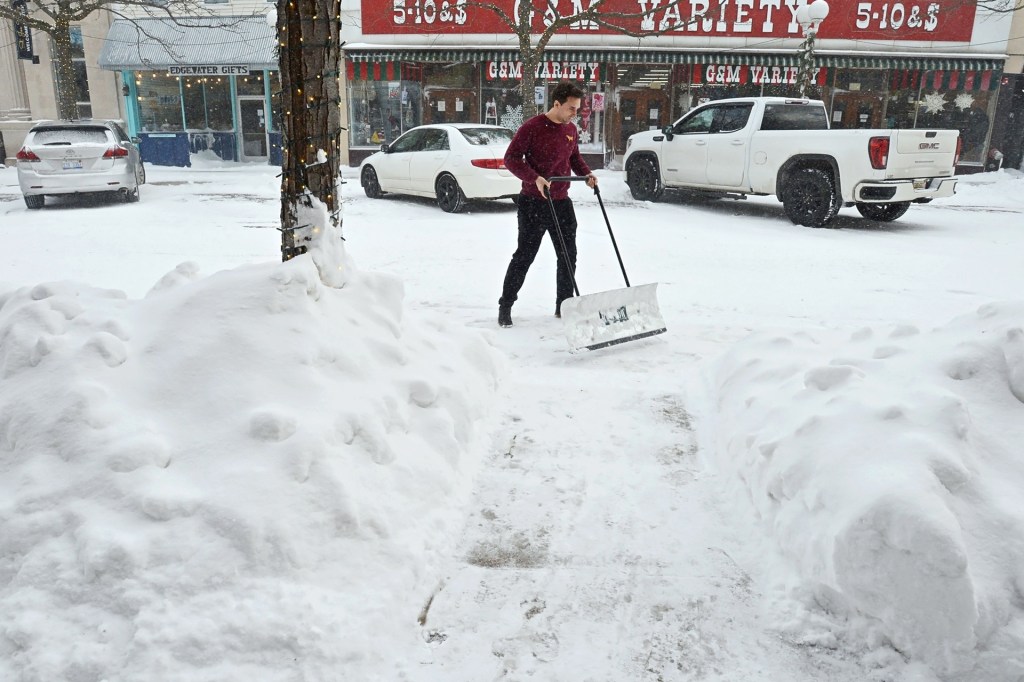The Homework Debate

In July 2017, families in Marion County, Florida, got some surprising news about the school year ahead. “Traditional homework as we know it will disappear, at least for elementary students,” school superintendent Heidi Maier said in a voice message to parents. “Instead of working on classroom assignments at home, we want students reading,” she said.
More than 20,000 students attend the county’s 31 elementary schools. Dara Mehr, a fifth grader, is one of them. Last year, Dara had two or three hours of homework a night. “I would have 12 math questions and six or seven pages of work to do for reading,” she told TIME for Kids.
Now Dara’s only homework is to read for 30 minutes. She enjoys having more time for activities like painting and playing video games. But her mom, Kayla Mehr, misses last year’s assignments. “The kids knew that once they finished those worksheets, they were done,” she says, referring to Dara and her sister, Neveah, a second grader. “Sometimes, getting them to sit down and read for 30 minutes is a challenge.”
Around the country, in states from Florida to Vermont to California, elementary schools are experimenting with a no-homework policy. Superintendent Maier and other school leaders say the new policy is based on research. Studies have shown that homework does not boost
boost
 TAY REES—GETTY IMAGES
to increase or raise
(verb)
The store hoped to boost sales during the holidays.
grades or test scores in elementary school.
TAY REES—GETTY IMAGES
to increase or raise
(verb)
The store hoped to boost sales during the holidays.
grades or test scores in elementary school.
Paula Fass is a professor at the University of California, Berkeley, and the author of The End of American Childhood. She points out that disagreement over the value of homework is not new. “There’s been controversy
controversy
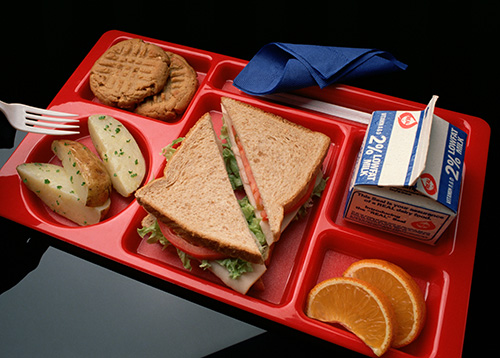 WARREN LYNCH & ASSOCIATES/GETTY IMAGES
disagreement
(noun)
The new school lunch policy sparked controversy among students.
over homework ever since schooling became a requirement,” she says.
WARREN LYNCH & ASSOCIATES/GETTY IMAGES
disagreement
(noun)
The new school lunch policy sparked controversy among students.
over homework ever since schooling became a requirement,” she says.
Support for homework has gone up and down through the years (see “Homework History”). “In the 1900s, a lot of parents thought that homework just occupied children’s time [when] they could be doing chores,” says Fass. More than a century later, many still question the role that homework should have in kids’ lives.

Finding a Balance
Harris Cooper is a professor at Duke University and the author of The Battle over Homework. He has analyzed more than 50 studies on homework. In his view, homework has a positive effect on achievement. “The effect gets larger as kids move through the grades. But even in the early grades, homework has a positive effect on simple skills.” Examples include spelling and math facts.
The National Education Association and the National PTA suggest that students get 10 minutes of homework per grade, starting in first grade. Cooper supports this policy
policy
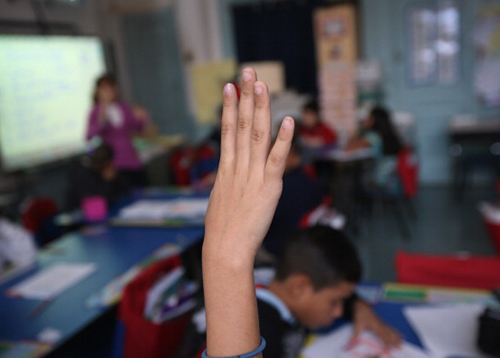 JOHN MOORE/GETTY IMAGES
an established rule or procedure
(noun)
Students needed a pass to use the bathroom, according to the new school policy.
, known as the “10-minutes rule.”
JOHN MOORE/GETTY IMAGES
an established rule or procedure
(noun)
Students needed a pass to use the bathroom, according to the new school policy.
, known as the “10-minutes rule.”
But he warns that homework can have a negative impact as well. “If there’s too much of it or if it’s too difficult, it can lead to frustration and to kids voicing concern about their abilities,” he says. “And that’s not a good thing.”
Last year, Kelly Elementary School in Holyoke, Massachusetts, made headlines for eliminating homework. Jackie Glasheen, the principal at the time, told ABC News that she wanted kids to have more quality time with family. “We want them to engage with their families, talk about their school days, and go to bed,” she said.
But this year, the school has a new principal, Isamar Vargas. Students in kindergarten through eighth grade have homework once again. But they receive only one assignment per day.
Vargas explained that the school takes a balanced approach. “We want to build responsibility and structure,” she says. “But we don’t want to take away the important time that children have with their families or practicing sports.”
Kelly Elementary won’t be the only school to experiment with its policies. “One thing you can know is that this is part of a long history of conflict over homework,” says Fass, the Berkeley professor. “And that can be expected to continue.”
Homework History
Attitudes toward homework have changed throughout U.S. history.
In the coming years, do you think support for homework will rise or fall?
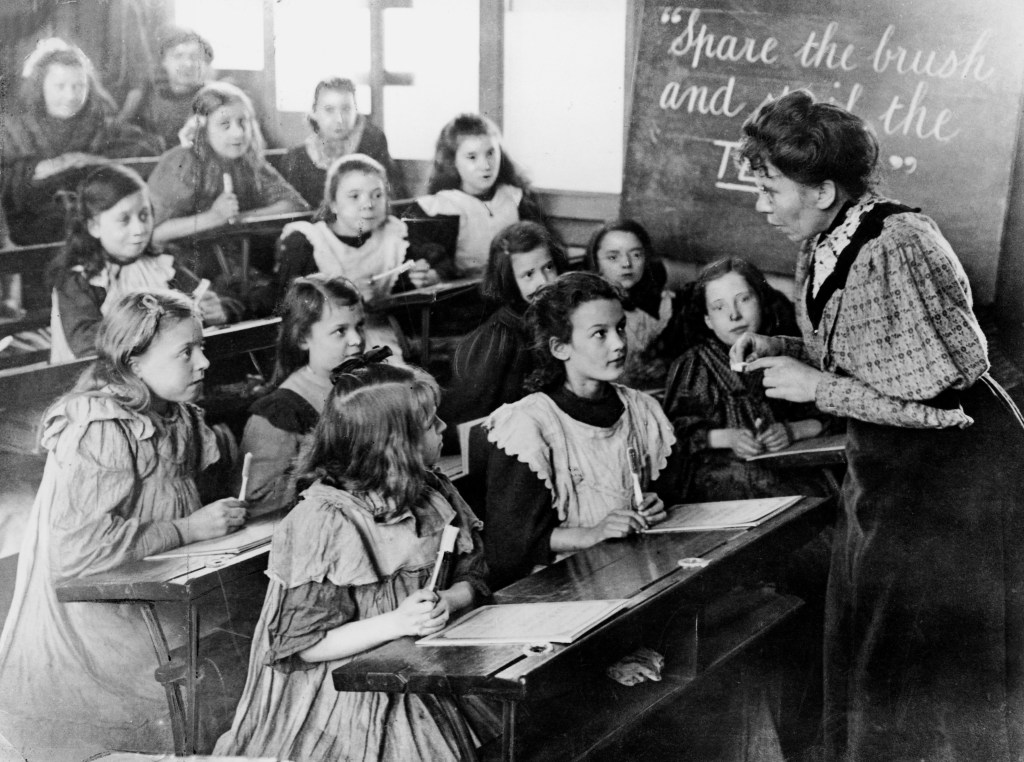
Early 1900s: A number of school districts pass anti-homework regulations
regulation
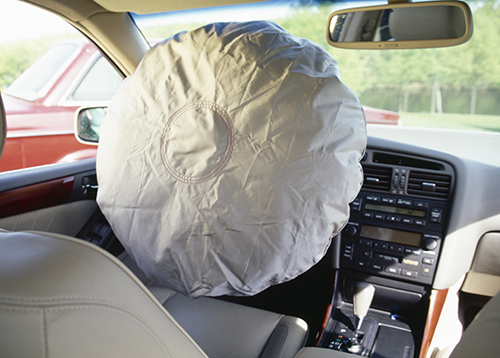 PATTI MCCONVILLE—GETTY IMAGES
a rule put in place by an authority
(noun)
Car companies obeyed the new safety regulations for air bags.
. The goal? To cut down on students’ having to memorize information, known as rote learning.
PATTI MCCONVILLE—GETTY IMAGES
a rule put in place by an authority
(noun)
Car companies obeyed the new safety regulations for air bags.
. The goal? To cut down on students’ having to memorize information, known as rote learning.

1957: The Soviet Union launches Sputnik, the first satellite. The space race is on. Homework for math and science increases.
1966: The National Education Association suggests no homework in early grades and “limited amounts” in upper elementary.
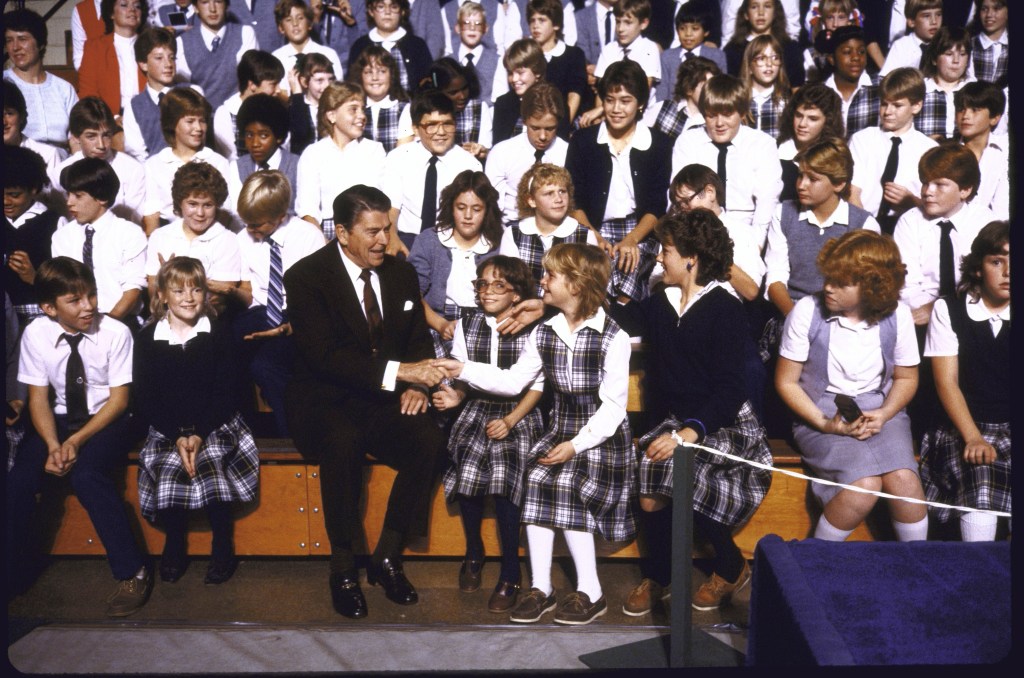
1983: President Ronald Reagan’s Education Department releases a report on problems with schools. It creates pressure to get tough.
1990s: Global competition is on the rise. Support for homework in the U.S. is strong. Elementary students receive more homework than they had in the past.
Assessment: Click here for a printable quiz. Teacher subscribers can find the answer key in this week's Teacher's Guide.








